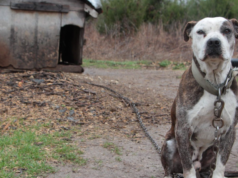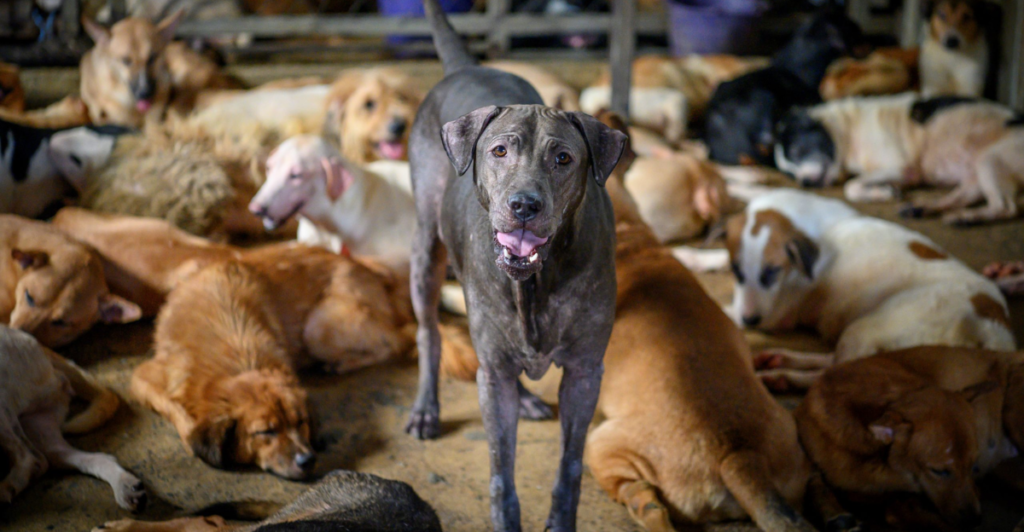
Adopting a pet is a big responsibility, and new shelter laws in 2025 are changing the process. These regulations aim to improve animal welfare, ensure responsible pet ownership, and streamline adoptions. Whether you’re a first-time pet parent or an experienced owner, understanding these laws is essential before bringing home a furry friend. From updated vaccination requirements to stricter adoption screenings, here are the ten most important things you need to know before adopting in 2025.
Stricter Adoption Screening Process

Shelters are tightening their adoption screening processes to ensure pets go to responsible owners. Expect more detailed applications, background checks, and home evaluations before approval. These measures help prevent neglect, abandonment, and unprepared adoptions. While the process may take longer, it increases the chances of finding the perfect match for pets and owners. Be prepared to answer questions about your experience with animals, lifestyle, and ability to provide long-term care.
Mandatory Microchipping for All Adopted Pets

New laws require all adopted pets to be microchipped to improve pet identification and reunite lost animals with their owners. Shelters will implant microchips before adoption, ensuring each pet has a permanent form of identification. Microchips store owner contact details, making it easier to locate lost pets. If you adopt in 2025, expect to update your information in a national database to comply with regulations and keep your pet safe.
Updated Vaccination and Health Requirements
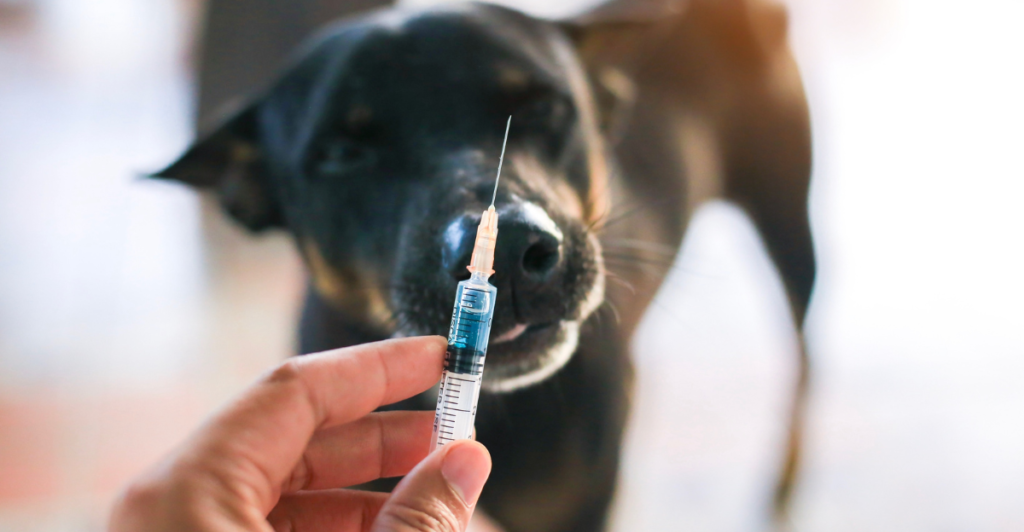
New laws mandate that all shelter pets receive core vaccinations and a full health check before adoption. This ensures that pets are protected from common diseases and not spread illnesses to other animals or humans. Shelters now provide detailed medical records to adopters, so you’ll know exactly what vaccinations your pet has received and when boosters are due. Some states may also require spaying/neutering before adoption to control pet populations.
Longer Holding Periods for Stray Animals

Before being put up for adoption, stray pets must be held longer to allow owners more time to claim them. The updated holding times vary by state but generally extend by a few days. This change helps prevent accidental rehoming of lost pets whose owners are actively searching for them. If you’re interested in a pet at a shelter, you may have to wait a little longer before adoption is approved.
New Restrictions on Exotic and High-Maintenance Breeds

Some shelters are implementing restrictions on adopting exotic animals or high-maintenance breeds that require specialized care. This ensures that these pets are placed with owners with the knowledge and resources to meet their needs. Breeds with high exercise, grooming, or medical needs may require additional screening. If you’re considering adopting a breed like a husky, Persian cat, or parrot, expect to demonstrate your ability to provide proper care.
Standardized Adoption Fees Across Shelters

To promote fairness and accessibility, many states are standardizing adoption fees across shelters. This prevents extreme price differences and ensures that the cost of adoption covers necessary medical care and shelter expenses. While fees may still vary by animal type and breed, shelters must follow set guidelines. Some shelters also offer reduced fees for senior pets or those with special needs, encouraging more adoptions of hard-to-place animals.
Foster-to-Adopt Programs Are Expanding

More shelters are offering foster-to-adopt programs, allowing potential owners to temporarily foster a pet before committing to adoption. This trial period helps families determine if the pet fits their home and lifestyle well. If all goes well, the adoption becomes official. These programs reduce the chances of returns and give pets a smoother transition into permanent homes. If you’re unsure about adopting, fostering first can be a great option.
New Guidelines for Renters Adopting Pets

Renters looking to adopt must now provide proof of pet-friendly housing before finalizing an adoption. Shelters will require written landlord approval or lease agreements that permit pets. This prevents situations where adopted pets are later surrendered due to housing restrictions. Some states are also encouraging landlords to be more accommodating by offering incentives for pet-friendly housing. If you’re renting, check your lease and get the necessary approvals before visiting a shelter.
Increased Post-Adoption Follow-Ups

Many shelters are increasing post-adoption follow-ups to ensure pets adjust well to their new homes. Expect check-ins via phone calls, emails, or home visits within the first few months of adoption. Shelters aim to provide support and address any concerns early on, reducing the chances of pets being returned. These follow-ups help new owners with training tips, medical care, and behavioral guidance, ensuring a successful and happy adoption experience.
Stricter Regulations on Rehoming and Pet Returns

Returning or rehoming an adopted pet requires additional steps to ensure responsible transitions. Many shelters are enforcing waiting periods and counseling sessions before accepting returned pets. Some states require owners to try training or behavioral support before a pet surrenders. These measures aim to reduce pet abandonment and encourage long-term commitments. If you’re adopting, be sure you’re fully ready to provide a lifelong home for your new pet.
More Shelters Encouraging Adoption Over Breeding
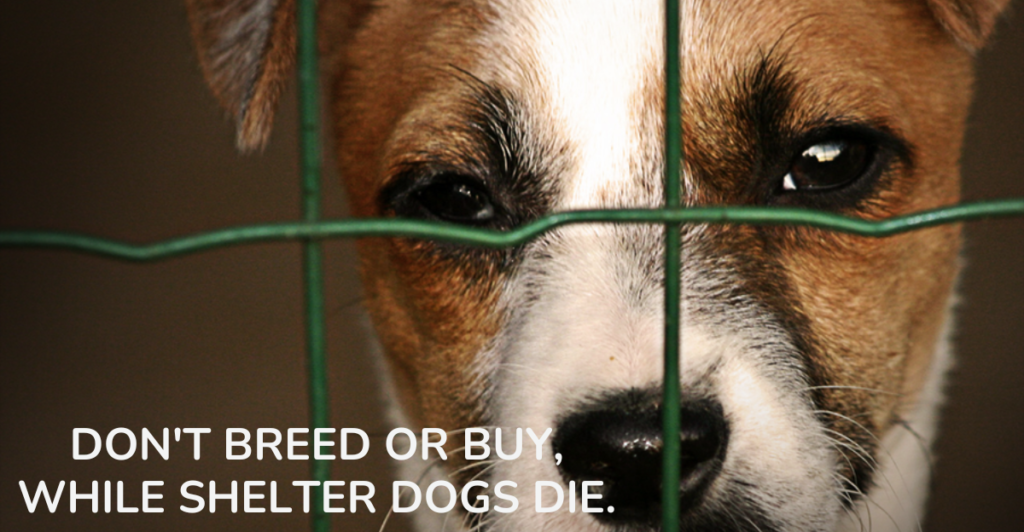
To combat overpopulation and reduce euthanasia rates, shelters are increasing efforts to promote adoption over purchasing pets from breeders. Public awareness campaigns highlight the benefits of adopting from shelters, including reduced costs and the opportunity to save a life. Some states are also tightening regulations on pet stores and breeders, making adoption a more accessible and responsible choice for potential pet owners. If you’re considering a pet, check shelters first!
What These Changes Mean for You
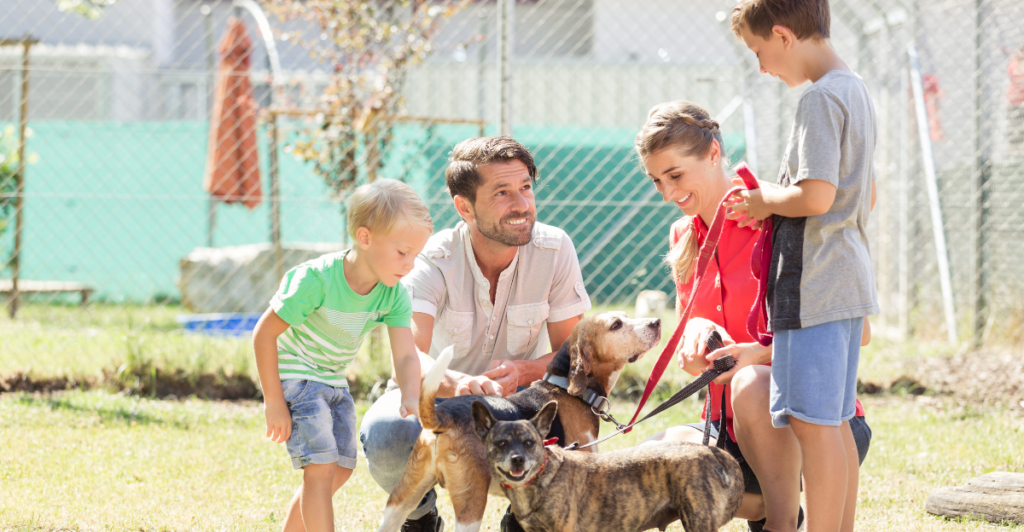
The new shelter laws of 2025 are designed to improve pet welfare, encourage responsible ownership, and ensure pets find loving homes. While these changes may shorten the adoption process, they help match pets with the right families. If you’re thinking about adopting, take time to understand these new laws and prepare accordingly. Patience and planning will ensure a smooth transition for you and your future pet!
Discover more of our trending stories and follow us to keep them appearing in your feed

Bison Return Home To Native American Lands After Being Pushed To The Brink Of Extinction
12 Inspiring Animal Rescues That Emerged From California’s Wildfires
The War on Cows Is Over—And Green Extremists Have Lost
There Will Be Eruptions”: Concerns Mount as Yellowstone Supervolcano Activity Shifts
This article first appeared here
Stay connected with us for more stories like this! Follow us to get the latest updates or hit the Follow button at the top of this article, and let us know what you think by leaving your feedback below. We’d love to hear from you!




